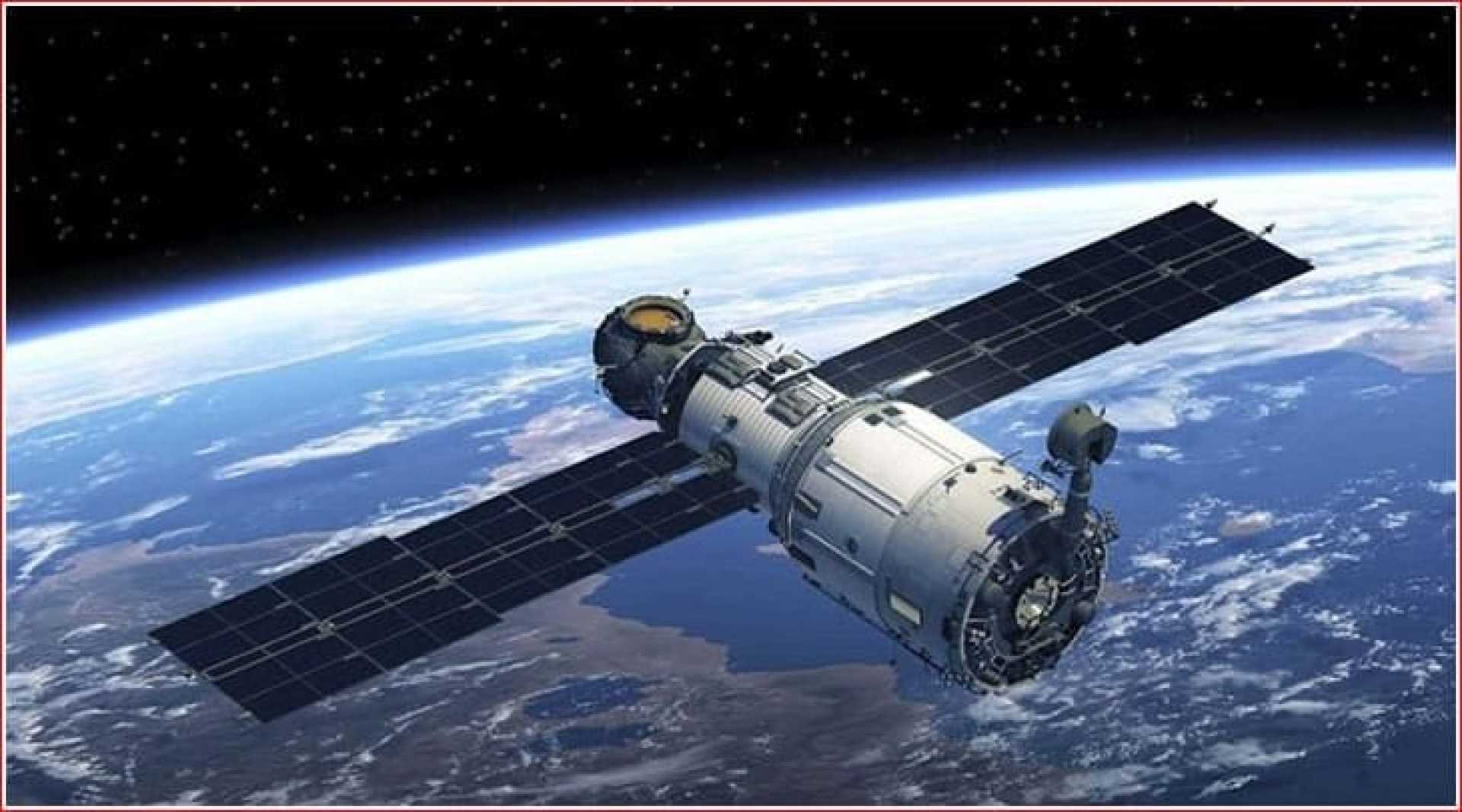News
International Space Station Faces Critical Air Leak, Raises Concerns Over Astronaut Safety and Station Lifespan

The International Space Station (ISS) is grappling with a significant air leak that has raised serious concerns about the safety of the astronauts on board and the long-term viability of the station. According to a report from NASA’s Office of Inspector General (OIG) released on September 26, the air leakage in a section of Russia’s Zvezda module has been elevated to the highest level of risk in NASA’s risk management system. The leak, located in the service module’s vestibule known as PrK, which separates the docking port from the rest of the Zvezda module, was rated a five on both the likelihood and severity scales.
The leak, first detected in 2019, has significantly worsened over time. By April, the leak rate had risen to nearly 1.7 kg per day, the highest level recorded to date. Despite recent repairs that reduced the leak rate by about a third, the root cause of the leaks is still under investigation. Both NASA and Roscosmos have narrowed their focus to internal and external welds as potential sources of the leak.
To mitigate the risk, NASA and Roscosmos plan to keep the hatch on the Zvezda module leading to the PrK vestibule closed. If the leak worsens, this hatch may need to be permanently sealed, which would reduce the number of docking ports for Russia’s Progress and Soyuz spacecraft from four to three. However, there is ongoing uncertainty about the point at which the leak rate would become untenable, as NASA and Roscosmos have not yet reached an agreement on this matter.
The ongoing issues with the ISS have also highlighted broader concerns about the station’s lifespan. Originally planned to operate until 2030, the current state of the station, with parts over a quarter of a century old, raises doubts about whether it can be maintained safely beyond that date. The cooperation between NASA and SpaceX is crucial in addressing these challenges, with SpaceX playing a key role in transporting astronauts and supplies to the ISS.
The situation is further complicated by the extended stay of astronauts Sunita “Suni” Williams and Barry “Butch” Wilmore, who were initially supposed to stay on the ISS for just eight days but have now been there for over five months due to issues with the Boeing Starliner spacecraft. They are expected to return to Earth in early 2025 aboard a SpaceX Dragon spacecraft.












